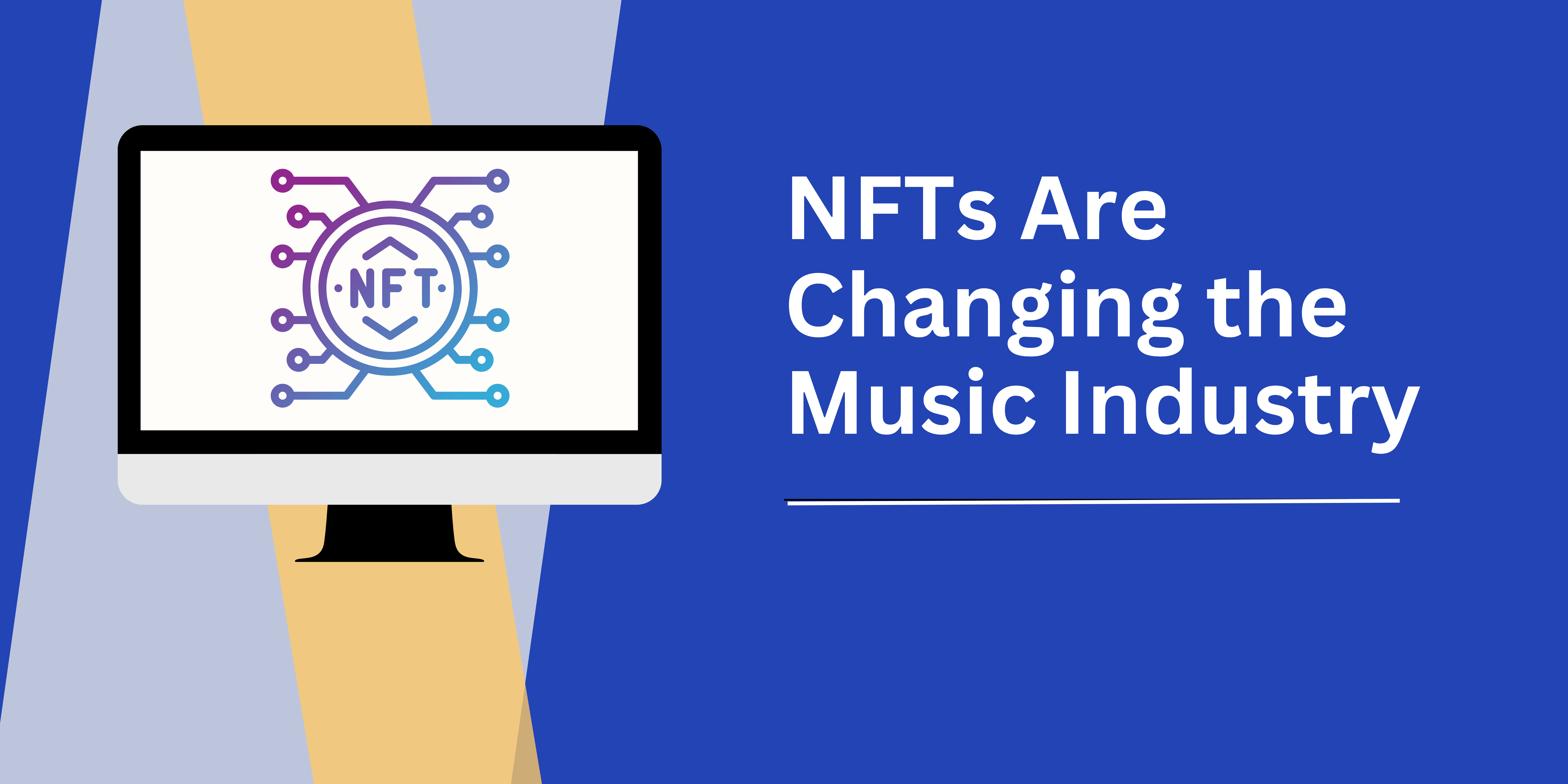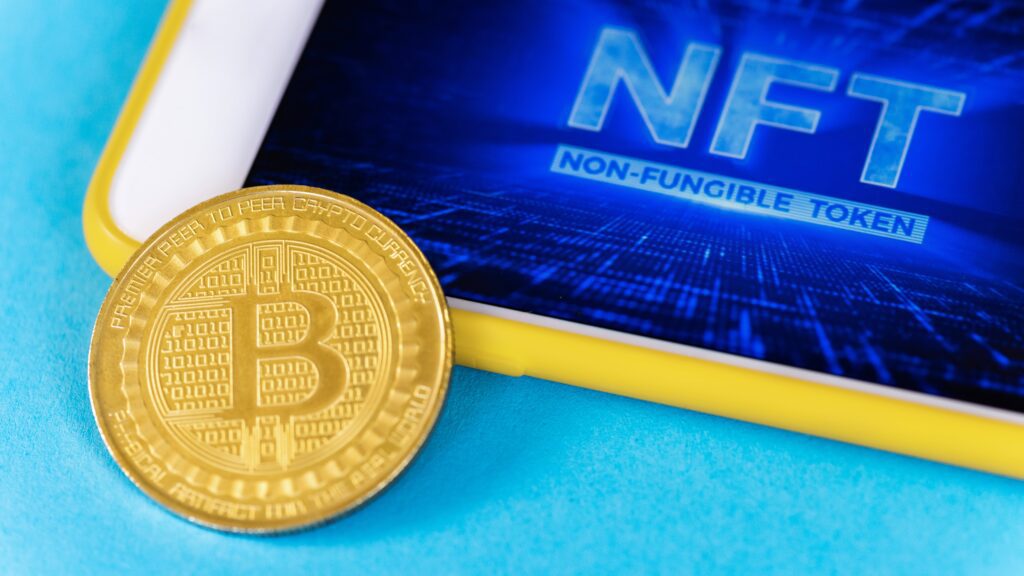The Music Industry has witnessed a significant transformation with the emergence of Non-Fungible Tokens (NFTs). These digital assets have revolutionized the way artists create, distribute, and monetize their music. In this article, we will explore the profound impact of NFTs on the music industry and how they are reshaping the landscape for artists, fans, and the overall ecosystem.
What are NFTs?
NFTs, or Non-Fungible Tokens, are unique digital assets that utilize blockchain technology to establish ownership and provenance. Unlike cryptocurrencies such as Bitcoin or Ethereum, which are fungible and can be exchanged on a one-to-one basis, NFTs are indivisible and represent something unique and distinct.
How NFTs Work
NFTs are typically created on Blockchain Platforms, with Ethereum being the most common choice. Artists can mint their music, artwork, or other creative content as NFTs, attaching a digital signature that verifies their authenticity and ownership. These NFTs can then be bought, sold, and traded on various NFT marketplaces using cryptocurrency.
The Power of Ownership
One of the key advantages of NFTs in the music industry is the concept of ownership. Traditionally, music ownership was limited to physical copies or digital files. However, NFTs enable artists to sell ownership rights directly to their fans. This creates a new level of engagement and monetization opportunities.
NFTs Transforming Music Creation
Empowering Independent Artists
NFTs have opened up avenues for independent artists to thrive in the music industry. Previously, signing with a major record label was often necessary to gain exposure and financial support. However, with NFTs, artists can directly connect with their audience, retain creative control, and receive direct financial support from their fans.
Royalties and Revenue Streams
Another significant impact of NFTs is the ability to embed royalties into the token itself. This means that artists can receive a percentage of every subsequent sale of their NFTs in perpetuity. This revolutionary concept ensures that artists continue to benefit from the increasing value of their work, even after the initial sale.
Collaborations and Tokenized Ownership
NFTs enable unique collaboration opportunities within the music industry. Artists can tokenize portions of their songs, allowing others to purchase fractional ownership. This innovative approach encourages collaborations, fosters creativity, and provides new revenue streams for both established and emerging artists.
NFTs Revolutionize Fan Engagement
Enhanced Fan Interaction
NFTs have redefined fan engagement by offering exclusive perks and experiences. Artists can create limited-edition NFTs that grant access to special events, backstage passes, or even personalized merchandise. This fosters a deeper connection between artists and their fans, making them feel like valued participants in the creative process.
Collectible Music Memorabilia
NFTs have breathed new life into the concept of music memorabilia. Fans can now collect and trade unique digital items associated with their favorite artists, including concert recordings, lyric sheets, or even virtual meet-and-greets. These collectibles hold sentimental value and can appreciate in worth over time, creating a vibrant marketplace.
Gamifying Fan Loyalty
Some artists leverage NFTs to gamify fan loyalty. By rewarding fans with exclusive NFTs for their continuous support, artists can incentivize engagement and strengthen their community. This interactive approach encourages fans to become advocates and promoters, driving organic growth and exposure for the artist.
Challenges and Future Outlook
Environmental Concerns
As with any emerging technology, NFTs have faced criticism regarding their environmental impact. The energy consumption associated with blockchain networks, particularly in the case of Ethereum, has raised concerns about carbon footprints. However, efforts are underway to address these issues and explore more sustainable blockchain solutions.
Regulatory Landscape
The regulatory landscape surrounding NFTs is still evolving. As the popularity of NFTs grows, governments and regulatory bodies are actively assessing the legal and financial implica Artists and investors must stay informed about the evolving regulations to ensure compliance and protect their interests.
Mainstream Adoption
While NFTs have gained significant attention and adoption within the music industry, mainstream acceptance is still developing. As more artists embrace NFTs and educate their fan base about the benefits, we can expect wider acceptance and integration into the traditional music ecosystem.
Conclusion
The impact of NFTs on the music industry is undeniable. From empowering artists and transforming fan engagement to creating new revenue streams and collaboration opportunities, NFTs have ushered in a new era of creativity, ownership, and monetization. As the technology continues to evolve and challenges are addressed, we can anticipate a future where NFTs are deeply ingrained in the music industry, benefiting artists, fans, and the ecosystem as a whole.
Ready to Ride the Wave of NFTs in the Music Industry? Contact Us Today!👇




